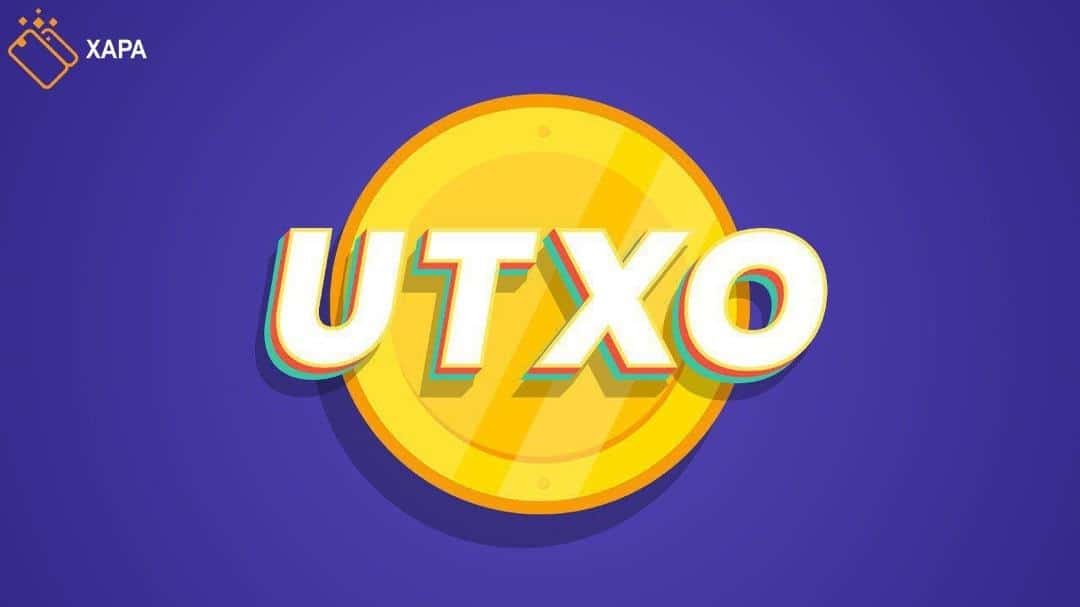
Digital currency or cryptocurrency is a translation of the term cryptocurrency. crypto means secret and cryptic means currency. Currency code is an accurate translation of this word!
Cryptocurrencies are digital exchange tools created and used by individuals or private groups. Digital currency is not regulated by national governments, so it is considered an alternative currency. They are financial intermediaries that exist outside the confines of government monetary policy. Bitcoin is the most prominent type of cryptocurrency and has been widely used all around the world. However, there are hundreds of cryptocurrencies, and more are coming to market each month. Cryptocurrency uses cryptocurrency protocols or very complex code systems that encrypt sensitive data transmissions to secure their exchange units.
How Does the Cryptocurrency Market Work?
Cryptocurrency developers create these protocols based on the principles of advanced mathematics and computer engineering, which make it impossible to break them and thus copy or counterfeit protected currencies. These protocols also obscure the identity of cryptocurrency users and prevent transactions and financial flows from being attributed to specific individuals or groups.
Currency cryptocurrencies set the exchange rate for both Coin and Token. Cryptocurrency rates usually depend on the performance of sellers and buyers. Other factors can affect the price. Currency cryptocurrencies allow you to buy and sell digital currencies. In principle, operations in these markets are similar to ordinary stock exchanges.
Benefits of Cryptocurrency
Supply Preserving the Value of Cryptocurrency Is Limited
In most cryptocurrencies, the source code specifies how many units can always exist. In this way, the currency codes are more similar to precious metals than to Fiat currencies. Cryptocurrencies, like precious metals, are less prone to inflation, a problem that users of Fiat currencies struggle with.
A Reduction in Government Currency Monopolies Happens
Currency cryptocurrencies provide a reliable alternative to exchanges outside the direct control of national banks, such as the US Federal Reserve and the European Central Bank. This is especially appealing to those who are concerned that a small reduction (the printing of central bank money by buying government bonds) and other forms of expansionary monetary policy will lead to long-term economic instability.
In the long run, many economists and political scientists expect world governments to incorporate cryptocurrency, or at least aspects of cryptocurrency, such as restricted supply protocols and authentication, into fiat currencies. This could potentially allay some cryptocurrency proponents’ concerns about the inflationary nature of fiat currencies and the inherent insecurity of physical cash.
Your Privacy Would Be Seriously Protected
Privacy and anonymity have been and continue to be the main concerns of early cryptocurrency advocates. Many currency users use aliases unrelated to any information, account, or stored data that they can identify. Although skilled members of the crypto community can identify users, the cryptocurrencies of new currencies (after Bitcoin) have additional layers of protection that make the task much more difficult.
Strict Financial Penalties Given by the Government Lessens
When citizens in repressive countries protest against their governments, governments can easily freeze or seize their domestic bank accounts or reverse transactions in local currency. This is especially worrying in authoritarian countries such as China and Russia, where wealthy people who are heavily pressured by the ruling party face serious financial and legal problems of dubious origin. Unlike central bank-backed fiat currencies, cryptocurrencies are virtually safe from authoritarian games. Cryptocurrency funds and transaction records are stored in various locations around the world, making it very difficult for the government to control (even assuming international cooperation).
Cheaper than Traditional e-commerce
Blockchain concepts such as private keys and wallets effectively solve the problem of double-spending and ensure that new currency codes are misused by tech-savvy scammers who can duplicate digital funds. They are not placed. Cryptocurrency security features eliminate the need for a third-party payment processor such as Visa or PayPal to validate and validate any electronic financial transaction. The cryptocurrency transaction fee is usually less than 1% of the transaction value, compared to 1.5% to 3% for credit card and PayPal payment processors.
The Barriers and Costs of International Transactions Will Be Eradicated
The behavior of cryptocurrencies with international transactions is no different from domestic transactions. Transactions are either free or at a nominal transaction cost, no matter where the sender or receiver is. This is a huge advantage over international transactions related to fiat currency, which almost always has certain costs that do not apply to domestic transactions, such as international credit cards or ATM fees. Direct remittances can be very expensive, with costs sometimes exceeding 10% or 15% of the amount transferred.
Given the above facts and other factors, it can be argued that this market is risky. Recently, we have seen that the vast majority of investors in this market talk about the high return of this market, but since return and risk are directly related to each other, this high return causes our capital to face a lot of risk. Entering this market and investing in Cryptocurrencies requires knowledge, study and expertise, and in no way should you enter cryptocurrency market without sufficient expertise and experience.






Robertbiafe
A true gem in the international pharmacy sector.
where to buy lisinopril prices
Get here.
Lorenzoreaps
Their prescription savings club is a godsend.
how can i get cytotec online
I’m always impressed with their efficient system.
BryanDraph
They consistently exceed global healthcare expectations.
conversion from gabapentin to lyrica
Always leaving this place satisfied.
BryanDraph
A powerhouse in international pharmacy.
how to get clomid price
Their global reach is unmatched.
BryanDraph
I always find great deals in their monthly promotions.
buy cytotec without rx
Quick, accurate, and dependable.
Registrera
Your article helped me a lot, is there any more related content? Thanks!
binance
I don’t think the title of your article matches the content lol. Just kidding, mainly because I had some doubts after reading the article.